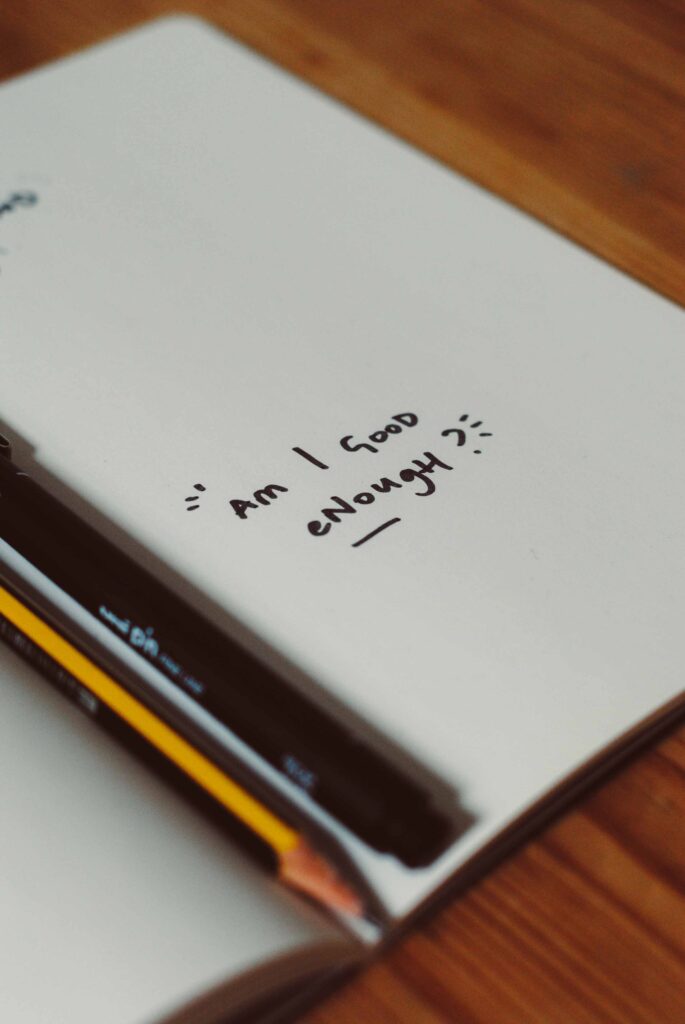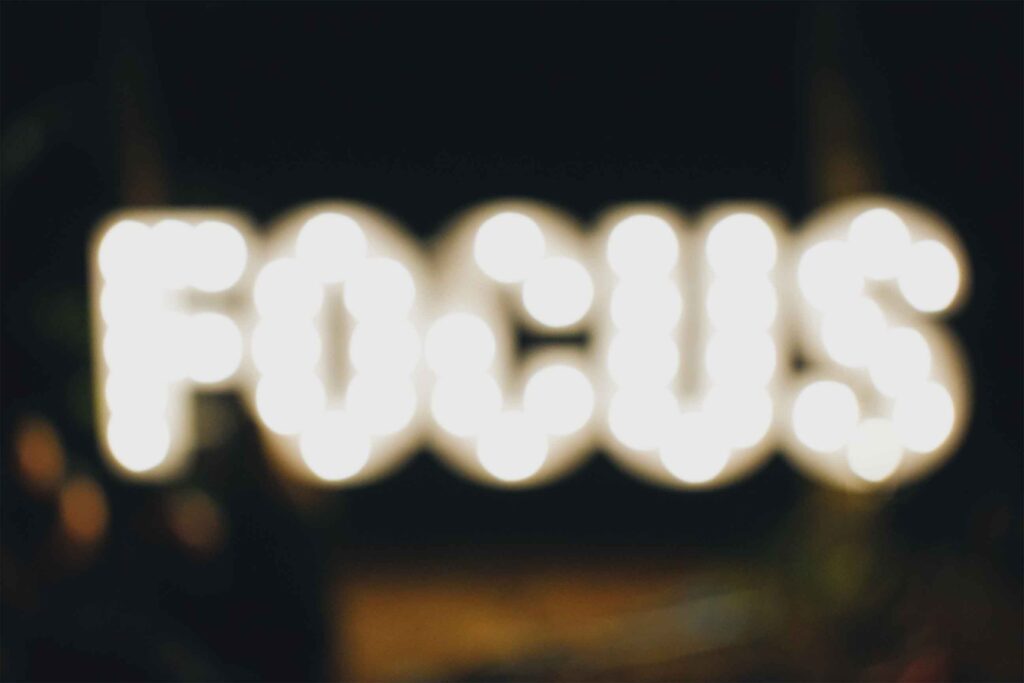Here’s a thing…or maybe two! I believe that if I don’t learn a life lesson through experiences, self-education, practices, and other forms of real-life teaching, life will certainly end up teaching me in a very hard way. Don’t ask me why! Here are some valuable life lessons I proudly and thankfully learned from creativity and practicing creative skills instead of going through a stressful heartbreak or some shattering experience.
Once again, a disclaimer: I'm not a life guru, I'm not a specialist, and I definitely don't know everything. These are all personal opinions based on no accurate data just guesses and deep passionate analysis.
Valuable Life Lessons I Learned Through Creative Practices Instead of Hardships
1- Reducing your expectations to 0 is your road to peace
Growing up, I was a child whom people expected a lot from. I was a smart student, I belonged to different communities, and I had so much going on besides my studies. I feel like my parents expected me to do great in everything because I have displayed a natural problem-solving attitude. As a response, I worked hard to meet everyone’s expectations of me, and of course, I became someone who would set higher expectations for others as well. Did people really match my expectations? Not really. Was I always frustrated about it? Absolutely yes.
Moral of the story
Fast-forward to a day in 2017, I recall painting and feeling extremely frustrated about an idea not turning out exactly how I wanted it to, and then me thinking: Oh hold on a minute, I create these artworks, and they are not even matching my own expectations of them! Why am I expecting people who have no idea that I initially set any expectations for them to match what I have in mind? like that is so ridiculous, I immediately stopped expecting anything from anyone. And that was a revolutionary transition in my life that happened thanks to painting, and that remains one of my most valuable life lessons, learned from creativity or practicing a creative skill.
2- Patience is key in making your goals a reality
I may not be the most patient person on planet Earth, but I acknowledge a certain level of patience that I developed thanks to my hobbies and creative practices. Cultivating an artistic skill is a very long and slow process, it requires time, dedication, perseverance, and a cold-blooded attitude.
For example, let’s say you have the goal of becoming a successful author. Writing a book can be a lengthy and challenging process that can take months or even years to complete. You may encounter writer’s block, struggle to find the right words, or face rejections from publishers. However, if you remain patient, keep writing, and keep working towards your goal, you are more likely to succeed in becoming a published author than someone who rushes the process and ends up giving up their goal because it’s taking too long or is too consuming.
3- Self-expression is human nature and a birthright
When we engage in creative activities such as painting, writing, music, or dance, we are given the opportunity to express ourselves in a way that is unique to us. We can discover our unique style, which is a reflection of our personality and experiences, Creative skills allow us to explore and express our emotions in a safe and healthy way. (For example, writing can be a therapeutic outlet for expressing our feelings, and dancing can be a way to physically express our emotions.) It can also help us break down barriers and express ourselves in ways that may be difficult in other areas of our lives. (Kids diagnosed with autism who struggle to express themselves verbally may find it easier to express themselves through art or music.)
I believe that if we grow up to become full adults without tapping into our creative side of self-expression, we become boring adults with no specific “purpose” or clear vision.
4- Problem-solving is cultivated through creative skills
Might as well just be the analytical mind of a female or my genes as an individual. But practicing a creative skill requires a continuous series of problem-solving activities, whether it be finding solutions to technical issues, coming up with creative decisions for your work, or brainstorming new ideas. This can help develop critical thinking skills and the ability to approach problems from different angles. And I figured this out while doing other jobs throughout my career that didn’t necessarily require creativity or were related to art, which is a bonus point.
5- Flexibility is crucial
Art also taught me flexibility in several ways, and as an adult, I know that developing flexibility is so important. Here are some illustrative examples:
- Adapting to changes: When creating art, sometimes things don’t go according to plan. Maybe the paint doesn’t mix the way you intended or the sculpture collapses. These moments require a flexible mindset to adapt and make the necessary changes to complete the work. The same is true in life: unexpected events happen, and we need to adapt to keep going.
- Experimenting with different techniques: Art provides the opportunity to try out different techniques and methods, and this requires a willingness to experiment and be flexible in your approach. In life, trying new things can be scary, but it is necessary to find what works best for us and just get to know more about what we want and doesn’t want.
- Taking on feedback: Artists often receive feedback on their work, and being open to this feedback requires a flexible mindset. By taking on board constructive criticism, artists can improve their work and grow as artists. Similarly, in life, being open to feedback can help you learn from your mistakes and reshape your persona.
- Seeing things from different perspectives: When looking at a piece of abstract art, everyone may see something different, and this diversity of viewpoints can be valuable in life situations, such as when brainstorming solutions to a problem.
6- Paying attention to details
Definitely a bit of a curse, and I am doing my best to stop paying attention to details on a daily basis. My goal is to be able to ignore the details that don’t serve me and just be an impressionist in real life as well. However, paying attention to details is great in real life because it helps you develop critical thinking patterns, maybe prevent a thing or two from happening, learn from the mistakes of others, and so on.
Don’t obsess over it though, because I am here to let you know that that’s one of the most stressful traits I have and am trying to let go of.
7- Focus is what distinguishes achievers from under-achievers, from overachievers
When practicing a creative skill, your ability to focus is a crucial factor that sets you up for success or failure. And that could be explained better as follows:
An achiever sets clear goals and prioritizes their efforts to achieve those goals. They are able to focus on the most important tasks and avoid distractions, which allows them to make consistent progress toward their objectives.
On the other hand, an under-achiever may lack a clear sense of direction or purpose, leading to a lack of focus and difficulty achieving their goals. They may be easily distracted or lose motivation, which makes it challenging to make progress toward their objectives.
Finally, an overachiever may have a clear sense of purpose but may struggle with overcommitting and taking on too many tasks at once. This can lead to a lack of focus and difficulty achieving their goals, despite their best efforts.
8- Appreciation for art and learning to enjoy little things in life
Creative skills can help you develop an appreciation for arts and the creative process, which can translate in real life as great taste. Evaluating design, architecture, or other forms of creative expression requires a great aesthetic sense to begin with. Finally, perhaps the most important Life Lessons that can be Learned from creativity or from pursuing a hobby or creative skill are the importance of enjoyment and taking time for oneself. Engaging in an activity that brings you joy and satisfaction can improve your overall well-being and quality of life.
Conclusion
To sum it up for you, these were some Life Lessons I Learned from Creativity and practicing creative skills over the years. Share with me, the lessons you learned the easy way in life, and enjoy creating <3



3 Comments